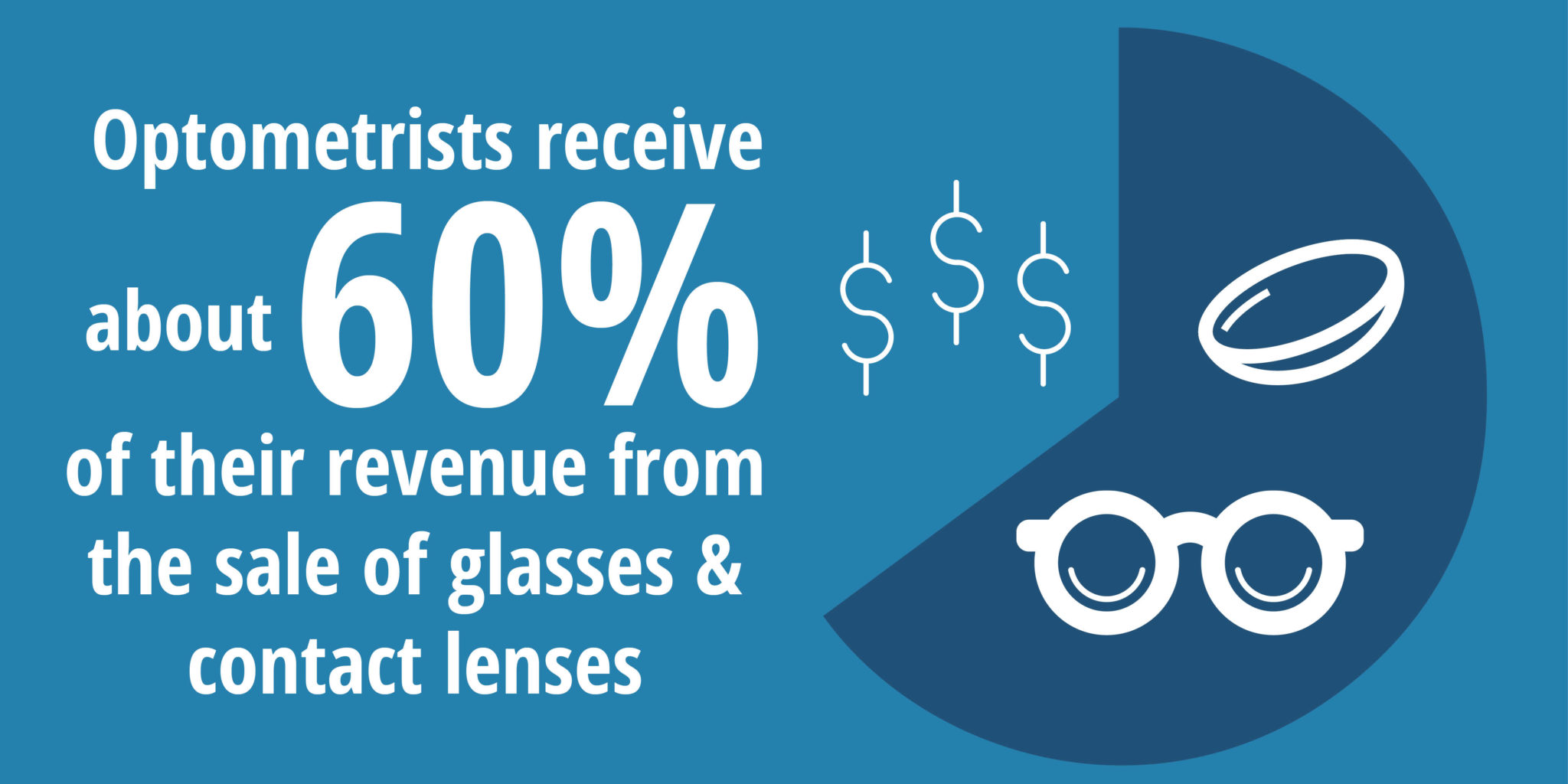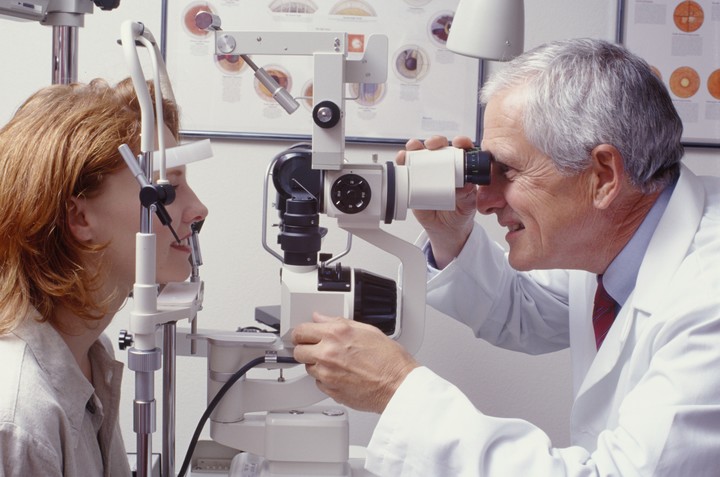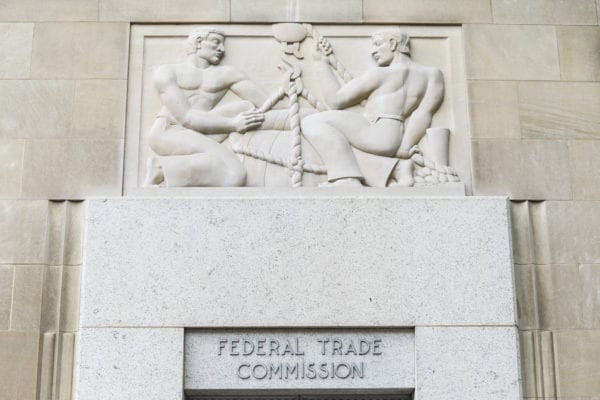The Issue
Optometrists and Contact Lens Manufacturers Want to Outlaw Online Vision Tests to Protect Their Own Profits
Online vision testing services, which allow for online prescription renewal, are currently allowed in 42 states:
Alabama, Arizona, Arkansas, California, Colorado, Connecticut, Florida, Hawaii, Georgia, Idaho, Illinois, Indiana, Iowa, Kentucky, Maine, Maryland, Massachusetts, Minnesota, Mississippi, Missouri, Montana, Nebraska, Nevada, New Hampshire, New York, North Carolina, North Dakota, Ohio, Oklahoma, Oregon, Pennsylvania, Rhode Island, Tennessee, Texas, Utah, Vermont, Virginia, Washington, Wisconsin and Wyoming.
Unfortunately, some states have moved to outlaw these services, caving to political pressure from lobbyists representing optometrists, including the American Optometric Association (AOA), and contact lens manufacturers. These opponents see this innovative technology as a threat to their market share.
Much as the taxi industry sought to restrict new ride-sharing services, such as Uber and Lyft, these contact lens industry players – rather than incorporating the technologies to benefit their patients – are pressuring state legislators to ban them.
Check out Consumer Action videos here.

Optometrists receive about 60 percent of their revenue from the sale of the glasses and contact lenses they prescribe. Any technology that results in fewer in-person office visits has a potential to cut into their sales and profits. Contact lens manufacturers, meanwhile, use “kick-backs” to optometrists to incentivize prescribing their brands to customers. Since online vision tests potentially impact which eye care providers are issuing prescriptions, manufacturers fear that their ability to gain market share through these optometrists will be weakened.
Since the beginning of 2016, bills attempting to outlaw or restrict online vision care have been introduced in more than a dozen states. These bills have been pushed even though there have been no reported cases of injuries or complaints resulting from the use of the technology — and there has been no similar push to restrict more invasive telemedicine procedures. The AOA’s promotion of these bills is clearly intended to hold consumers’ prescriptions hostage, forcing them into optometrists’ offices every year for expensive comprehensive.
A History of Optometrists and Contact Lens Manufacturer Collusion

The AOA and contact lens manufacturers’ opposition to online vision testing is part of a long history of efforts by these groups to control the contact lens market and increase profits at the expense of patients. In the mid-1990s, as disposable contact lenses first became widely available, 32 state Attorneys General successfully sued the AOA and manufacturers for collusion. These cases proved that optometrists and manufacturers conspired to prevent the release of contact lens prescriptions to consumers and to eliminate sales of contact lenses by alternative retailers. As part of the settlement, the AOA agreed to stop making false health claims about contact lenses purchased from alternative retailers.
Manufacturers have also been investigated for engaging in an anti-competitive price fixing policy known as a Unilateral Pricing Policy, where they force retailers to sell lenses at higher prices. Most recently, the Federal Trade Commission found there is still widespread failure by optometrists to comply with the requirement under federal law that they release prescriptions to their patients.
Ophthalmologists and Other Medical Professionals Oppose Banning Online Vision Tests
Ophthalmologists and other medical professionals, who unlike optometrists typically do not sell and profit from what they prescribe, overwhelmingly oppose banning online vision tests services. Bills outlawing medical technology effectively say to licensed physicians that “we don’t trust your medical judgment.”
A February 2017 letter from the American Academy of Ophthalmology (AAO), the world’s largest association of eye physicians and surgeons, to Washington state legislators expressed its opposition to a proposed ban on vision care telehealth in the state. The AAO wrote: “We strongly feel that this legislation places unnecessary and counterproductive restrictions on the development and use of emerging remote technologies in ophthalmology… A new study published in the medical journal Ophthalmology highlights the potential of these technologies to improve the lives of our patients… Unfortunately, [this bill] – although well intentioned – would manifestly fail to keep pace with new developments in our field and would ultimately be a disservice to citizens of Washington. We do not want that outcome for the people of your state.”
An AAO Clinical Statement released in December 2014 similarly stated: “The Academy recognizes the potential of information technology, including Internet-based screening, refraction, and other diagnostic tests, in increasing access to health care services, enhancing patient involvement in their health care decision making, improving efficiency, and reducing overall health care costs.”
The FTC Opposes State Legislation Restricting Access to Online Vision Care

In a February 2018 letter to the Washington State Legislature, the Federal Trade Commission (FTC) warned that state legislation under consideration restricting access to online vision care “would limit competition, access, and choice in vision care, and potentially increase costs.”
According to the FTC, the bill would: 1) restrict the use of telehealth eye care by qualified vision care providers, denying consumers the benefits of innovative eye care telehealth technologies; and 2) potentially require unnecessary services by mandating a comprehensive examination before prescribing corrective lenses, regardless of the patient’s visual health status, examination history, or other circumstances.
In explaining its opposition to the legislation, the FTC emphasized that:
- Many health care professionals and expert bodies support the use of telehealth because it expands access to care.
- Legislation restricting online vision care would limit access to care for:
- Adults age 18-44 who don’t require an in-person eye care visit;
- Disabled individuals who have difficulty making a trip to obtain in-person care; and
- Individuals in the 24 percent of U.S. counties with no optometrists or ophthalmologists.
- Refraction tests taken in a patient’s home and evaluated by a remote ophthalmologist may reduce transportation costs and be less costly to the consumer.
- In-person examination requirements prevent qualified, licensed telehealth providers from providing appropriate care.
- Rigid comprehensive eye exam requirements for every corrective lens prescription appear inconsistent with expert guidelines, and may result in unnecessary procedures and increased health care costs.
- The Department of Veterans Affairs has successfully used telehealth for eye care to screen for ocular disease and prescribe glasses.
The FTC concluded by urging the legislature to: “consider the potential effects of the Bill on competition in the provision of eye care and to avoid restrictions that override the judgment of practitioners and are not narrowly tailored to address well-founded patient safety concerns.”
